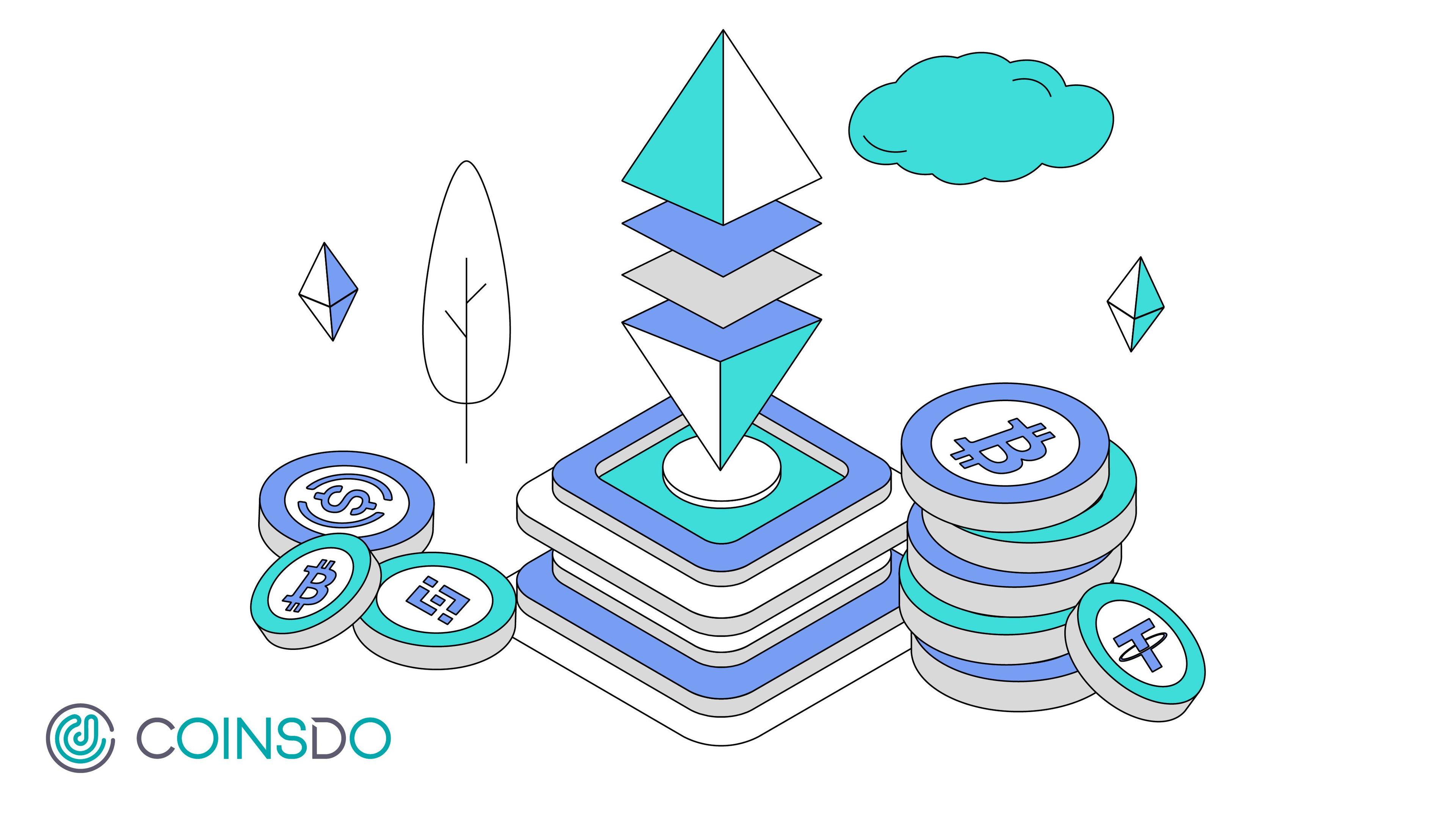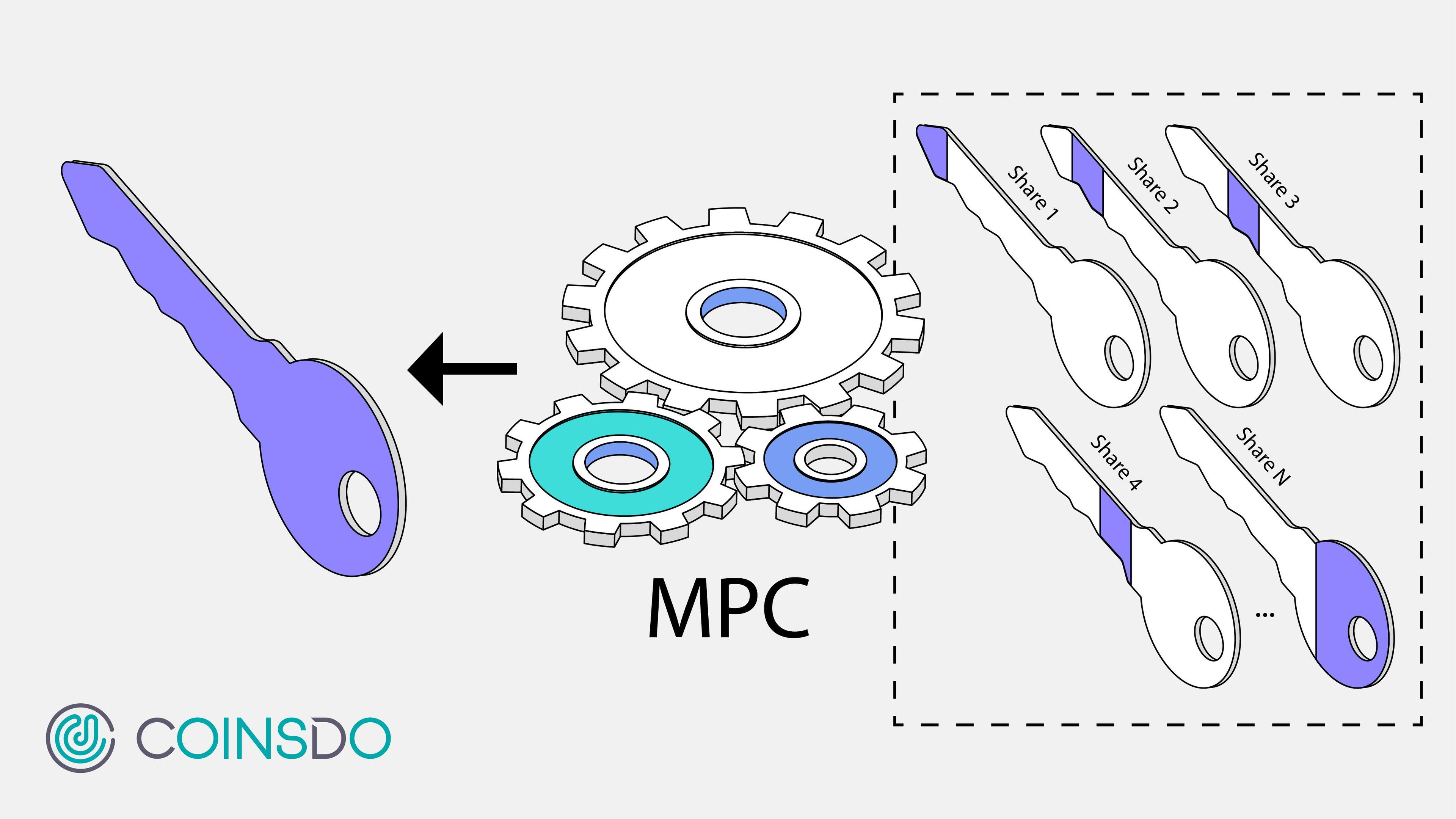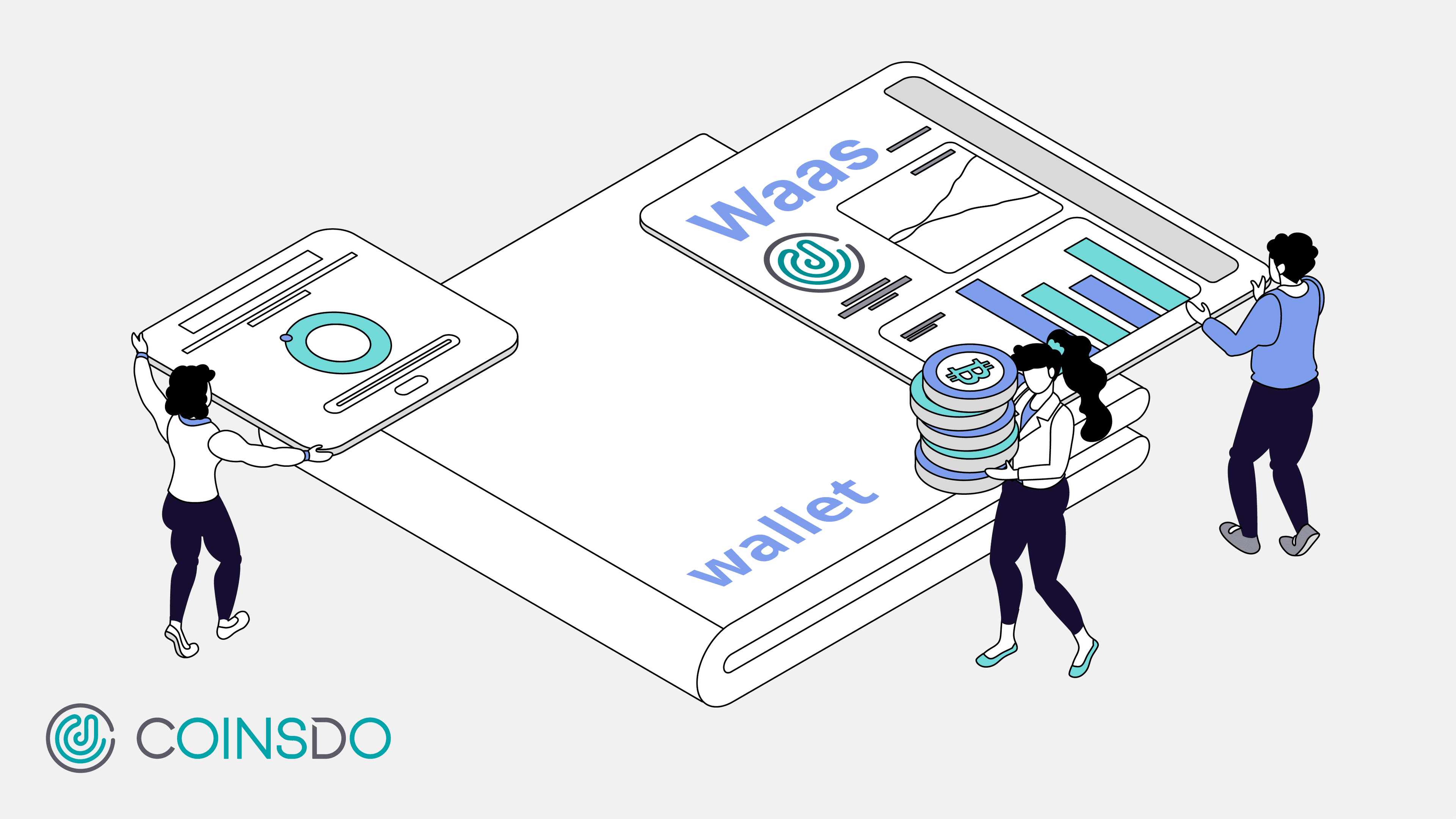
10 min read
What is an Ethereum RPC?
Ethereum stands at the forefront of blockchain innovation, introducing the world to smart contracts and decentralized applications (dApps). Among the various technologies underpinning Ethereum's functionality, Ethereum Remote Procedure Call (RPC) is a critical component, serving as a conduit for developers and applications to communicate with the Ethereum network. Ethereum RPC enables a range of interactions, from querying blockchain data to executing smart contracts, making it an essential tool for blockchain developers.
At its core, Ethereum RPC is about simplifying interaction with the Ethereum network. It operates on the principle of remote procedure calls, allowing applications to execute code on a remote Ethereum node. This mechanism is crucial for developers who need to perform operations like reading blockchain data, sending transactions, or managing smart contracts without running a full node themselves. By utilizing RPC, developers can leverage the power of the Ethereum network within their applications, facilitating a more integrated and seamless blockchain experience.
How Ethereum RPC Works
Ethereum Remote Procedure Call (RPC) is a bridge that allows applications to communicate directly with the Ethereum blockchain. It operates using a protocol known as JSON-RPC, which stands for JavaScript Object Notation - Remote Procedure Call. This protocol facilitates communication over a network, enabling client applications to send requests to and receive responses from an Ethereum node. To understand how Ethereum RPC works, imagine it as a universal remote control for interacting with the Ethereum blockchain.
Think of the Ethereum blockchain as a vast, digital skyscraper with countless rooms (accounts) and safes (smart contracts). Each room and safe has its unique functions and contents, representing the diverse activities on the Ethereum network, from transactions to contract executions. In this analogy, Ethereum RPC acts as a sophisticated remote control that allows you to interact with this skyscraper without needing to be physically present in the building.
When a developer wants to perform an action, such as sending Ether from one account to another or querying the balance of an account, they use this remote control (Ethereum RPC) to send a specific command. The process involves the developer pressing a button (sending a JSON-RPC request) with a specific instruction, like "tell me the balance of room 1010" or "deliver this package (transaction) to room 2020." The Ethereum node, acting as the skyscraper's advanced automation system, receives the signal, interprets the instruction, and performs the necessary actions. It then sends back a signal (response) to the remote, confirming the action's success or providing the requested information.
The JSON-RPC protocol structures these requests and responses in a way that both the sender (client application) and receiver (Ethereum node) can understand. Each request includes a method (the type of action you want to perform), and parameters (the details of the action, like which room or safe you're interested in). The Ethereum node processes this request, executes the specified action if possible, and returns the result to the client.
This system allows for a wide range of interactions with the Ethereum blockchain, from basic queries about the state of the network to complex operations involving smart contracts. The beauty of Ethereum RPC lies in its simplicity and power, enabling developers to build applications that can interact with the blockchain in rich and meaningful ways, all with the ease of using a universal remote control to navigate a vast digital landscape.
Benefits of Using Ethereum RPC
Ethereum RPC offers a powerful suite of functionalities that are central to interacting with the Ethereum network and developing decentralized applications (dApps). Its capabilities extend far beyond simple transactional operations, enabling a deep and nuanced interaction with the blockchain's various layers. The primary benefits of using Ethereum RPC can be seen in two key areas: direct interaction with the Ethereum network and the deployment and interaction with smart contracts.
Direct Interaction with the Ethereum Network
One of the most significant advantages of Ethereum RPC is the ability it grants developers to interact directly with the Ethereum network. This direct line of communication is akin to having a dedicated access point to the blockchain's entire ecosystem, from querying block data to sending transactions and tracking network status. It means that developers can request and retrieve data in real-time, allowing applications to respond dynamically to changes on the blockchain.
The direct interaction facilitated by Ethereum RPC ensures that developers have the utmost control over their applications' blockchain interactions. This control is crucial for applications that require real-time data from the network, such as decentralized finance (DeFi) platforms, which need to monitor block confirmations, transaction statuses, and smart contract events closely. Moreover, this direct access eliminates reliance on third-party services for blockchain data, reducing potential points of failure and increasing the robustness of applications.
Enabling Smart Contracts Deployment and Interaction
Ethereum RPC's capabilities are perhaps most transformative in the realm of smart contracts. Smart contracts are self-executing contracts with the terms of the agreement directly written into code. They are a foundational element of many dApps, enabling automated, trustless interactions on the blockchain. Ethereum RPC plays a pivotal role in the lifecycle of a smart contract, from deployment to execution.
Through Ethereum RPC, developers can deploy new smart contracts to the blockchain, invoking the eth_sendTransaction method with the contract's bytecode. Once deployed, Ethereum RPC provides the tools needed to interact with these contracts, whether calling a contract's read-only methods using eth_call or executing state-changing transactions with eth_sendTransaction. This level of interaction opens up a plethora of possibilities for decentralized applications, from creating new tokens and managing digital identities to executing complex financial contracts without intermediaries.
Accessing Ethereum RPC
For developers looking to build or interact with applications on Ethereum, understanding how to access the Ethereum Remote Procedure Call (RPC) is crucial. Ethereum RPC acts as a gateway for developers, allowing them to communicate with the Ethereum network. This access can be achieved through either public or private RPC endpoints, each serving different needs and use cases.
Public vs. Private Ethereum RPC Endpoints
Public Ethereum RPC endpoints
These are provided by services like Infura, Alchemy, or QuickNode. These endpoints offer developers an easy and quick way to connect to the Ethereum network without the need to run and maintain their own Ethereum node for a fee. Alternatively, companies like CoinsDo provide these RPC endpoints for free so that developers can test ideas, iterate, and explore blockchain's potential without the pressure of upfront costs in accordance with their vision. This freedom is essential for innovation and discovering new use cases that could shape the future of technology.
Public endpoints are ideal for developers in the early stages of their projects or for those who require a straightforward method to access the blockchain for reading data or sending transactions. However, relying on public endpoints means sharing the service with others, which can lead to rate limits or potential downtime during high demand.
Private Ethereum RPC endpoints
To access the Ethereum blockchain via private RPC endpoints, you must set up and manage your own Ethereum node. This approach gives developers complete control over their interactions with the Ethereum network, offering benefits in terms of security, privacy, and flexibility.
With a private endpoint, developers can configure their node to suit their specific requirements, ensuring that their applications run smoothly without the constraints imposed by public services. However, this option requires a higher level of technical expertise and resources to set up and maintain the node.
Final Thoughts
Ethereum RPC is a fundamental element of the Ethereum ecosystem, enabling developers to build and interact with the blockchain in powerful and innovative ways. Despite its challenges, the benefits of using Ethereum RPC—such as direct blockchain access and the ability to deploy and manage smart contracts—make it an essential tool for blockchain development. As the Ethereum platform continues to evolve, Ethereum RPC will likely see enhancements that further improve its performance, security, and ease of use, ensuring it remains at the heart of Ethereum's development landscape.
If you’re a developer who’s interested in free Ethereum RPC endpoints, find out more here!



